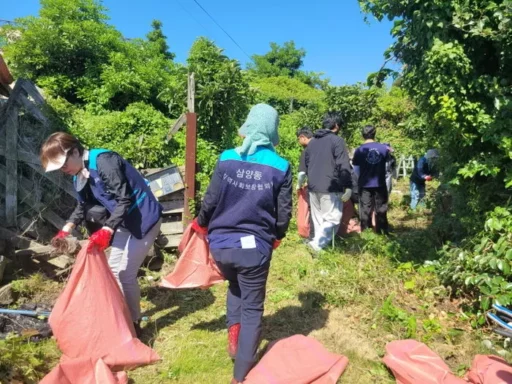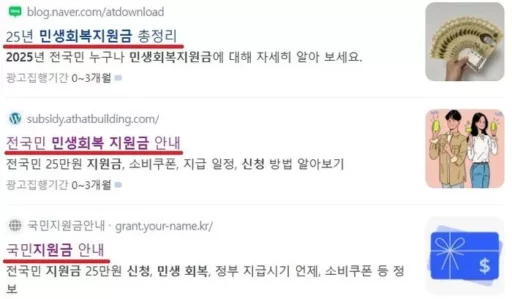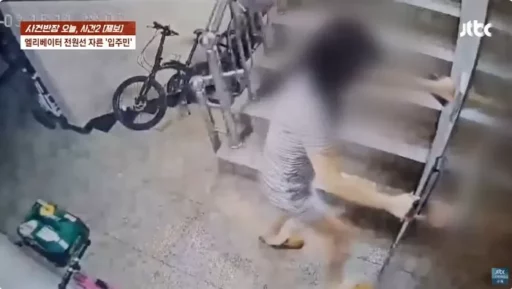Foreign Landlords Surge, Concentrated in Seoul's Gangnam Districts and Mapo/Yongsan
The number of foreign landlords has increased by more than 21% over the past year. In particular, there is a notable concentration of foreign landlords in active real estate transaction areas such as the three districts of Gangnam (Gangnam, Seocho, Songpa) and Mapo and Yongsan in Seoul.
"Foreigners are buying homes in desirable areas and renting them out. They have easier access to financing than locals, which allows them to actively purchase in pricier locations," said a representative from a real estate agency in Gangnam.
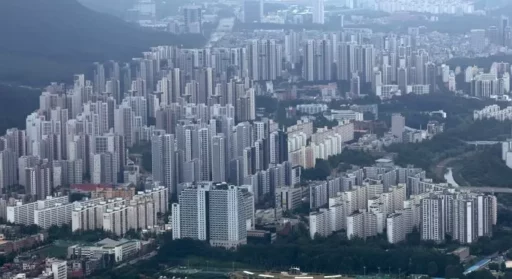
According to the court registration information platform on the 3rd, the number of foreign landlords who received a certifying date nationwide in the first half of this year was 10,500, a 21.2% increase compared to the same period last year (8,660).
By region, Seoul accounted for the largest share with 5,024 landlords, which is 47.8% of the total. This was followed by Gyeonggi Province with 3,126 landlords, Incheon with 796, Chungnam with 300, and Busan with 263.
Real Estate Investment Strategies and Impact of Foreign Investors
Even within Seoul, foreign landlords tend to concentrate in specific areas.
By district, Gangnam had the highest number with 594 landlords, followed by Songpa with 486, Seocho with 420, Mapo with 339, and Yongsan with 301.
This phenomenon is analyzed as foreign investors preferring areas with potential price increases, and adopting investment strategies that seek both rental income and capital gains, rather than actual residence.
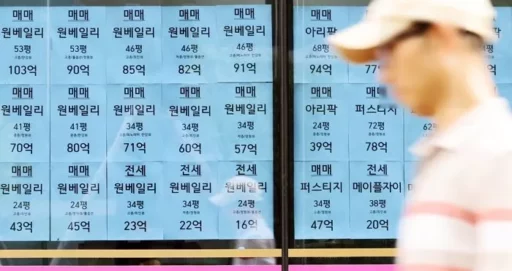
Ham Young-jin, head of the Real Estate Research Lab at Woori Bank, explained, "Similar to the movements in the domestic real estate market, foreigners may prefer areas like Gangnam’s three districts for liquidity and capital gains."
There are concerns in the real estate industry that the purchase of real estate by foreign investors is driving up home prices in specific areas, placing a burden on the housing stability of the local population.
A real estate industry source pointed out, "Foreigners, who find it difficult to apply for housing mortgage limits of 600 million won and regulations on multiple homeowners, are purchasing homes, leading locals to feel a relative sense of deprivation. Particularly, issues such as rapid price increases due to concentrated foreign purchasing have emerged, suggesting that it is time to consider principles of reciprocity."
Currently, several amendments to the "Act on the Reporting of Real Estate Transactions" aimed at strengthening the principle of reciprocity have been proposed in the National Assembly.
These amendments contain provisions that would restrict the acquisition of real estate in the country by citizens of nations that limit the acquisition of real estate by South Koreans. Additionally, when foreigners acquire real estate in speculative overheating areas, the existing "reporting system" would be changed to a "government approval system," aligning regulations on foreigners with the level that South Koreans experience in those countries.
Image source: News1
